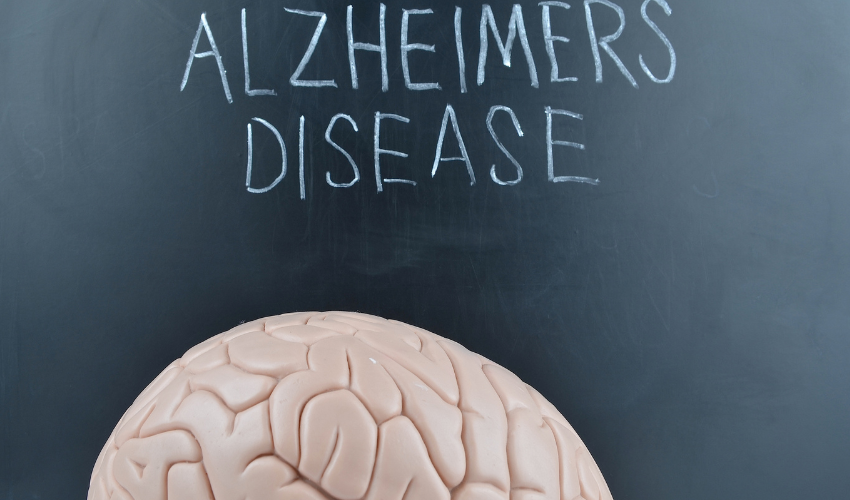Genetic predisposition refers to the likelihood of an individual inheriting specific genetic traits from their parents that can increase their susceptibility to certain diseases or conditions. While genetics is only one part of the puzzle, understanding our genetic predisposition can provide vital insights into our health, well-being, and lifestyle choices.
In this article, we will explore some of the most common genetic predisposition examples and how they affect our lives. From cancer to mental health disorders, we will uncover the latest research and insights into this fascinating topic. So, let’s dive in!
Genetic Predisposition Examples
Cancer
Cancer is one of the most well-known genetic predisposition examples. Certain gene mutations can increase an individual’s risk of developing specific types of cancer, such as breast cancer, ovarian cancer, and colon cancer. For example, individuals with a mutation in the BRCA1 or BRCA2 genes are at higher risk of developing breast and ovarian cancer. Genetic testing can identify these mutations and help individuals take preventive measures to reduce their risk of cancer.

Heart Disease
Heart disease is another common genetic predisposition example. Certain gene variants can increase the risk of developing heart disease, such as high blood pressure, high cholesterol, and type 2 diabetes. By identifying these genetic markers, individuals can take proactive steps to reduce their risk, such as adopting a healthy diet, exercising regularly, and managing stress levels.

Mental Health Disorders
Mental health disorders, such as depression and anxiety, are also influenced by genetics. Studies have shown that certain genes can increase an individual’s risk of developing these conditions. While genetics is only one factor, identifying these genetic markers can help individuals receive early diagnosis and treatment, leading to better outcomes.

Obesity
Obesity is another example of genetic predisposition. Certain genes can affect an individual’s metabolism, making it harder to maintain a healthy weight. However, by understanding their genetic predisposition, individuals can take steps to adopt healthy habits, such as regular exercise and a balanced diet.

Alzheimer’s Disease
Alzheimer’s disease is a progressive brain disorder that can affect memory, thinking, and behavior. While the exact cause of Alzheimer’s disease is not known, studies have shown that genetics can play a role in its development. Identifying genetic markers associated with Alzheimer’s can help individuals take preventive measures, such as maintaining a healthy lifestyle and regular exercise.

FAQs:
Can genetic predisposition be prevented?
While genetic predisposition is not preventable, individuals can take proactive steps to reduce their risk of developing certain conditions. By adopting a healthy lifestyle, getting regular exercise, and eating a balanced diet, individuals can reduce their risk of developing many health conditions.
Can genetic testing identify all genetic predispositions?
While genetic testing can identify many genetic markers, it cannot identify all genetic predispositions. However, advances in genetic research are expanding our understanding of genetics and may lead to new discoveries in the future.
Can genetic predisposition be changed?
While genetics is only one part of the puzzle, it is not possible to change an individual’s genetic makeup. However, individuals can take proactive steps to reduce their risk of developing certain conditions by adopting a healthy lifestyle and getting regular exercise.
How can genetic predisposition affect an individual’s life?
Genetic predisposition can influence an individual’s risk of developing certain health conditions. By understanding their genetic predisposition, individuals can take proactive steps to reduce their risk and adopt a healthy lifestyle.
How can genetic predisposition be managed?
Genetic predisposition can be managed by adopting a healthy lifestyle, getting regular exercise, and maintaining a balanced diet. In some cases, genetic testing can help identify specific genetic markers associated with certain conditions, allowing individuals to take preventive measures to reduce their risk.
Conclusion:
Genetic predisposition examples provide a fascinating insight into how our genetic makeup can influence our health and well-being. While genetics is only one part of the puzzle, understanding our genetic predisposition can provide vital insights into our health and help us take proactive steps to reduce our risk of developing certain conditions.
By exploring some of the most common genetic predisposition examples, we hope to have provided valuable insights into this intriguing topic. As genetic research continues to advance, we can look forward to new discoveries and breakthroughs that will enhance our understanding of the role genetics plays in our lives.






















